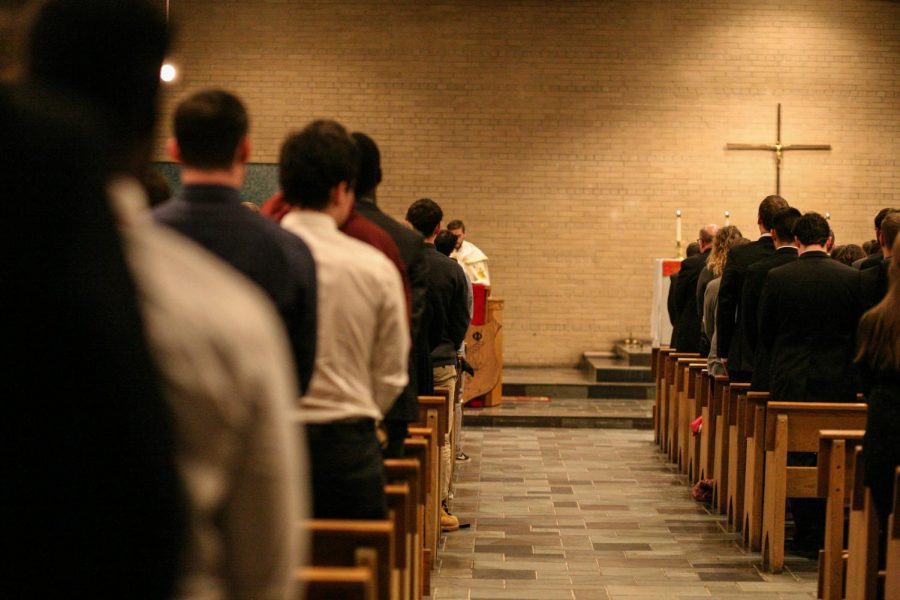Religion: something bound to spark some sort of intense debate or conversation. Whether it’s Islam vs. Christianity, monotheists vs. polytheists, preachers vs. pro-secular atheists, there’s always something to be discussed. Religion has received somewhat of a bad rap; some of this is well deserved, others not so much. There are elements of religion that belong in the past, for example, the overemphasis on dogma, opaque inner hierarchies and a many historical and immoral practices. I think most of us can agree these should be left in the annals of history. Yet in our near relentless criticism of faith in its entirety, we neglect a few fundamental lessons in religion that would bring us a lot of value.
The motivation for this statement? A neat concept called the Lindy effect.
In short, the Lindy effect states that the life expectancy of a product, idea or theory is directly proportional to how long it has lasted until the present day. That is, the older something is, the more likely it is to last for a longer period of time. There are so many things that we use or consume now that are ‘Lindy goods.’ We’ve got Euclidean geometry, bread, gunpowder and Shakespearean plays among many things.
This is not to say that everything that’s lasted for a long time is necessarily good. In the context of this article, consider religious ideas like aversion towards homosexuality or genital mutilation that are being rightly questioned and broken apart. It’s important to understand the Lindy effect must be applied to things that bring us value and enrich our lives.
Now, how can we apply the Lindy effect to our view of modern religion? It’s most definitely not a straight shot. There are layers of criticism, debate and controversy to get past and comprehend to fully understand the value in religion. For starters, religion has been around for millennia and still plays an important role in human society, which attests to its ‘Lindyness.’ Unfortunately, the core tenets of religion have been obfuscated by factors like political polarization, Twitterati and the information revolution.
Religion brings people together. Religion emphasizes instilling values, building community and self-reflection. Of course, religion is not the only institution that has done this, past or present. We are trying to foster these ideas daily through a variety of ways. Yet it can be argued that religion is the only institution that has been doing this for millennia, passing the test of time and continuing to be a pivotal force in many people’s lives.
This is what we must see and recognize. Time. Time reveals all. With religion, we’ve seen both sides. But for the betterment of our generation and the generations to come, we must reckon with the positive side. The side that has benefited humans across a plethora of cultures for millennia.
From here, we should strive to foster a society that doesn’t generalize, polarize or stereotype. This society will instead judge all things, people, and ideas fairly, justly and equally. On that same note, we must also see religion for its shortcomings and misdemeanors. Heinous acts such as child abuse, homophobia and overt corruption should not be ignored. Part of improving as a culture means recognizing where we’ve gone wrong and using that as an opportunity to grow and move forward. See the Lindyness within, but only for what is just and good.
Anay Contractor can be reached at [email protected].


















